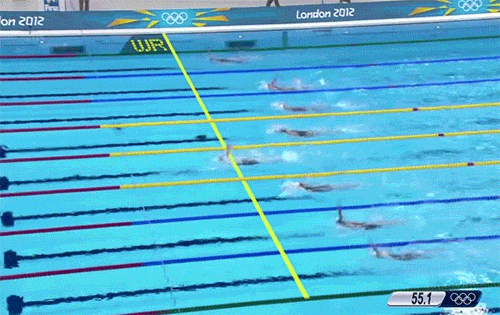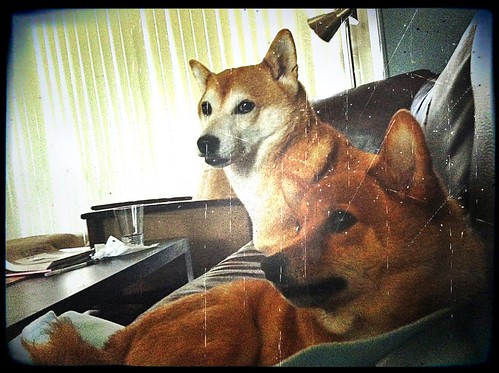
When someone asks me what I do, I usually tell them (with a wink, mind you): Oh, I’m the guy who’s been sending you all those emails lately!
But in many cases, that’s actually true! My team at BuzzFeed now sends tens of millions of emails out a month. I’ve personally written about 1,500 newsletters — it could be more, but I lost track somewhere along the way.
Over the past 3 years, I’ve spent a lot of time thinking about email.
And a lot of people aren’t using email the right way.
Email can be an amazing tool — when used correctly. Just keep these six rules in mind before you send your next email:
1) Should you even send this email? — Oftentimes, the answer is no! If you need to pass along a lot of information via links or attachments; if you’re looking for the recipient to take specific action; or if you want to pass along a quick, personal note, email is great! Otherwise, have that conversation in person or over the phone. It can be really, really hard to convey tone over email, so having tough conversations IRL is a much better idea.
2) Make your subject line clear — I love to send emails that are super specific. I write a lot of subject lines with questions: “Can you send me _______ by the end of the day?” Or emails that convey the message right up front: “I loved your recent article!” Nobody should open an email and not know what they’re about to read.
3) Take advantage of that “preheader” space — That’s a term we use to refer to the snippet of preview text you’ll see on your phone or in Gmail. Your recipient can read the first 5-10 words of your email — so skip the greetings and the “Hope all is well!”-type messages and get right to the point!
4) Personal emails are the best kind of emails — A personal email is a great way to make people feel like their work is actually important. And when people feel appreciated, they’re more likely to write back, take action, or help! If possible, I try not to send mass emails. I’ve found that an email that goes out to a group of 10+ recipients gets far fewer responses than an email that goes out to only 1-3 people.
5) Use bullets or numbered lists — Remember: More and more people are reading emails on their phone, which means readability matters. If you’re writing emails in a giant block of text, your recipient might skip through the whole thing. Take advantage of bullets and lists that can make your email much easier to read.
6) Make your “ask” as clear as possible — One of the reasons I love email is because it allows you to ask a specific person to take a specific action. But the recipient should know exactly what action they should take, and also how you’ll hold them accountable. When I need to get a specific thing done, I usually ask over email.
If you make your ask very clear — and if you follow these other five rules — you’ll discover what email truly can be: An engine for helping you get a ton of stuff done.









